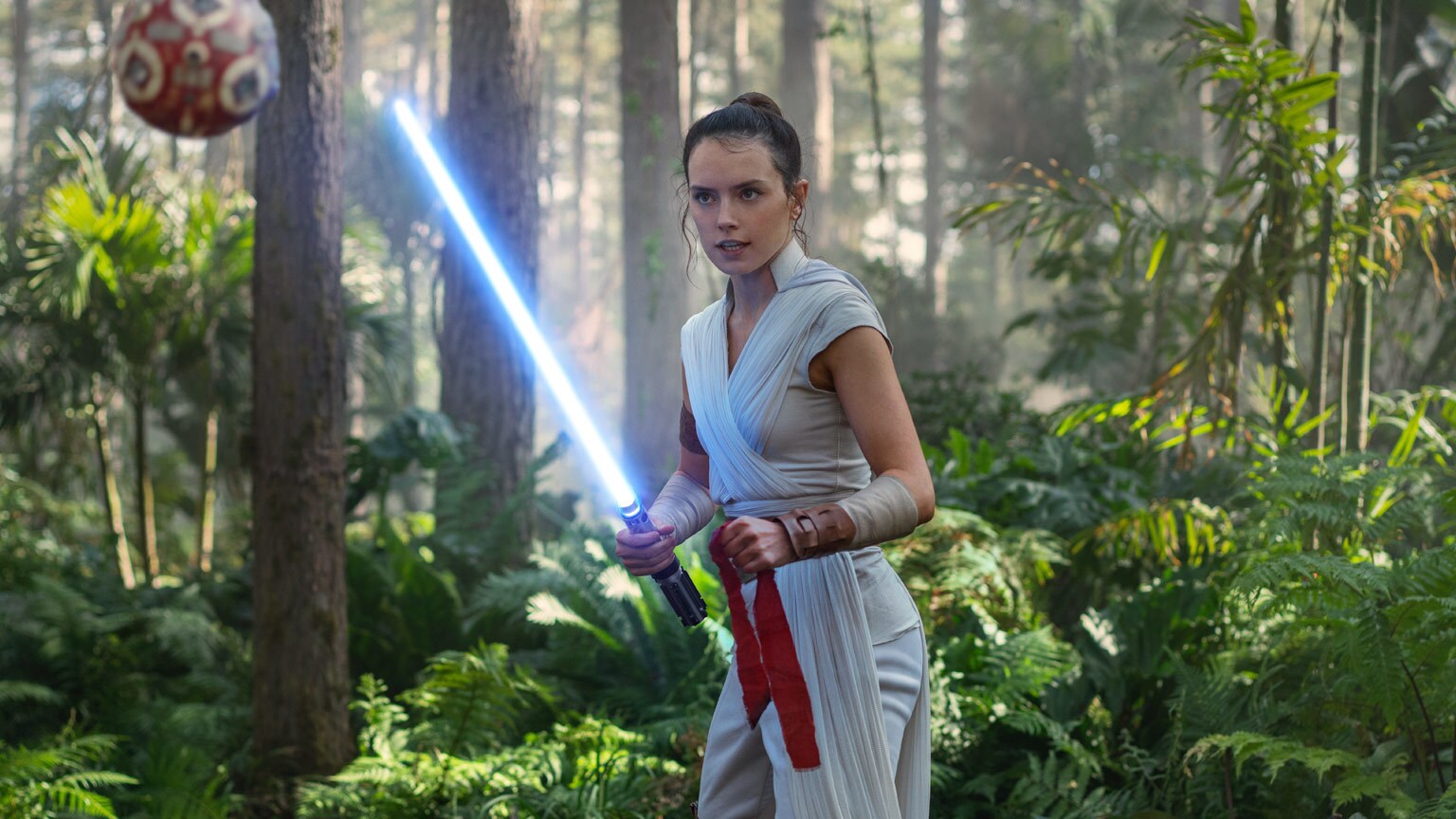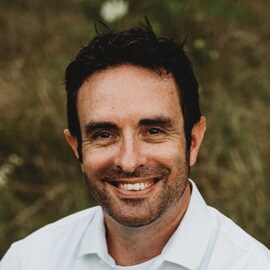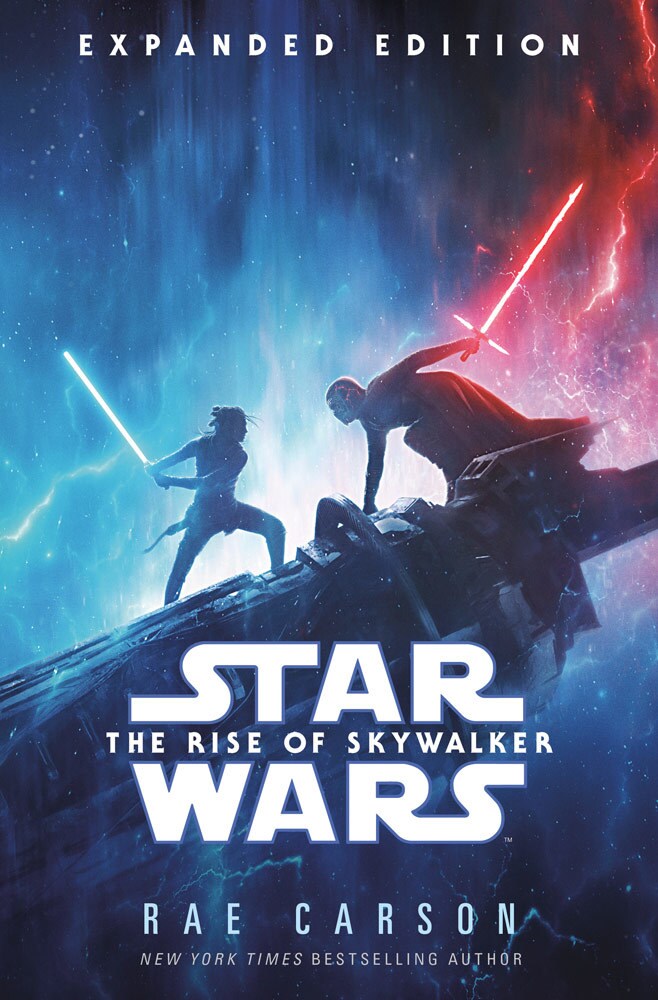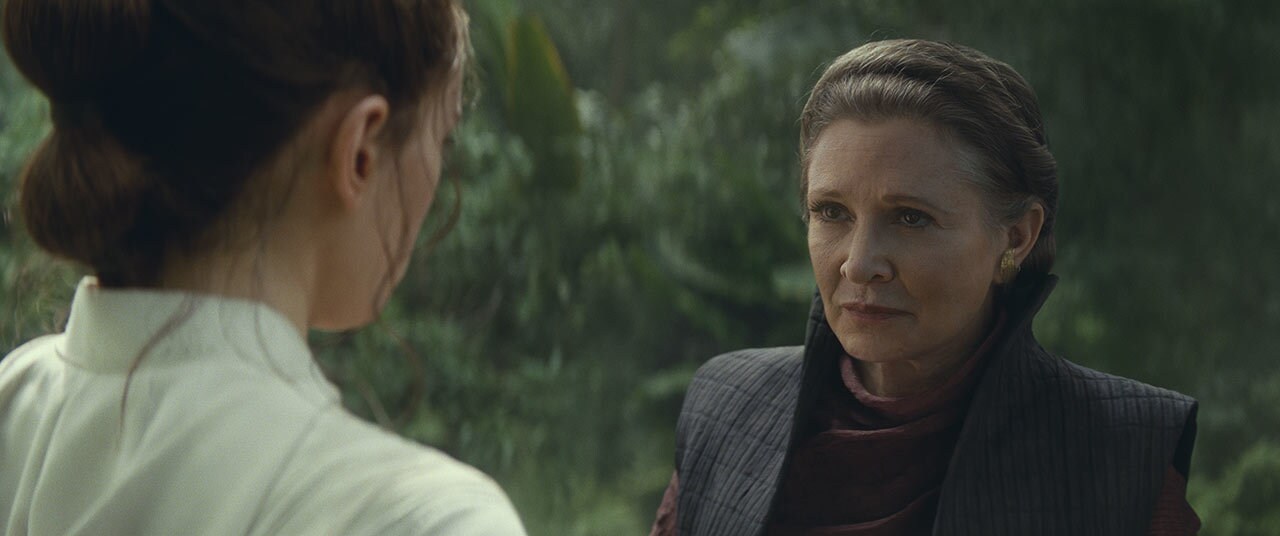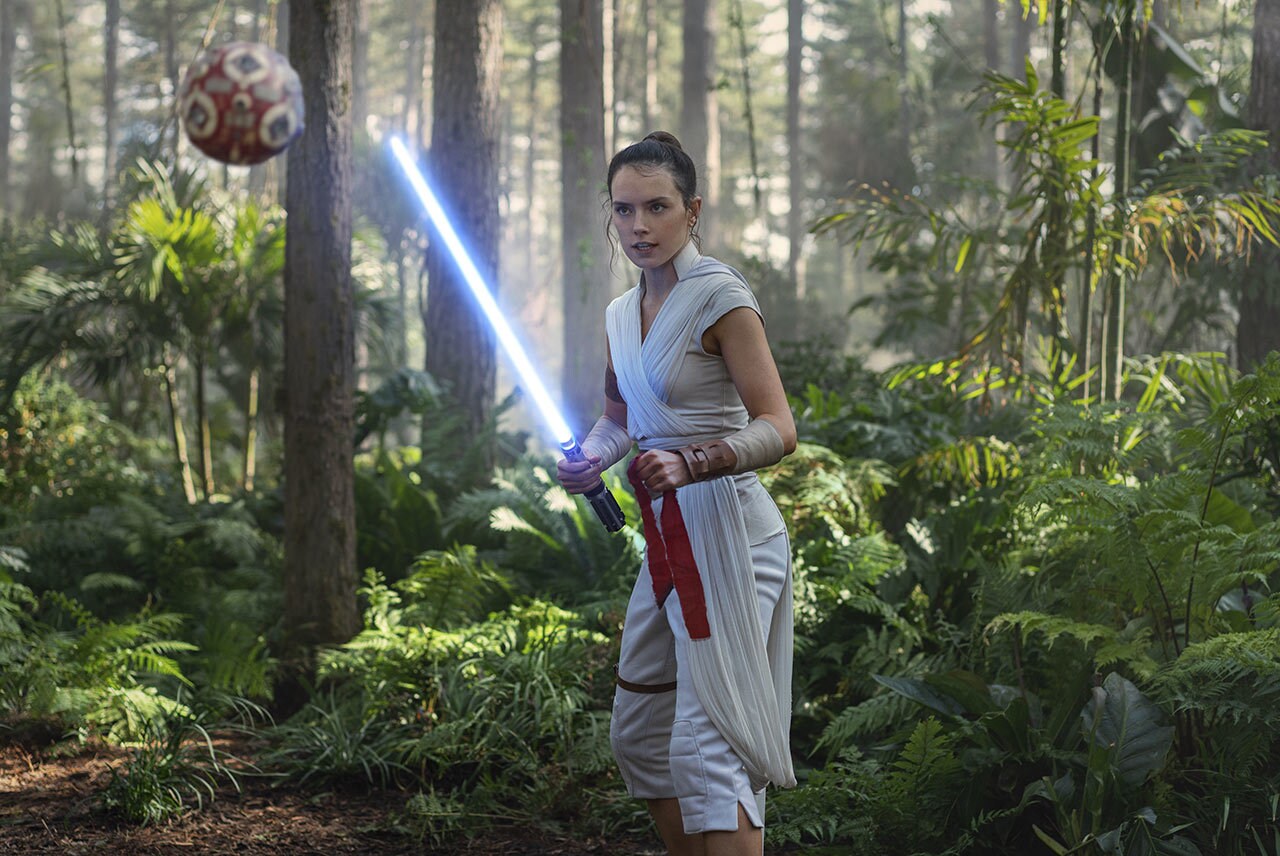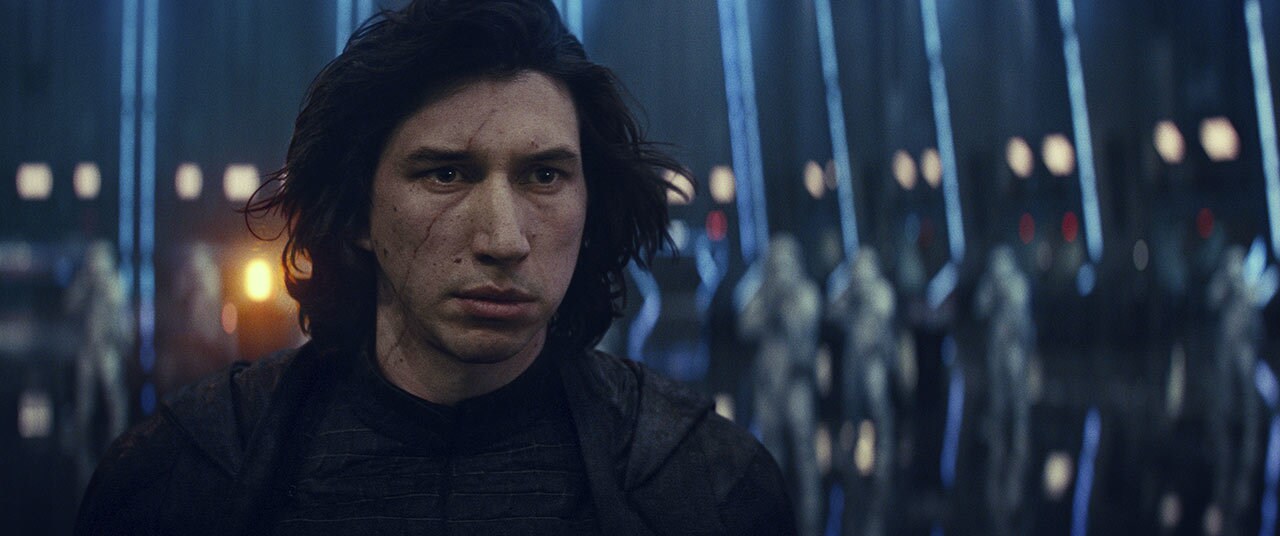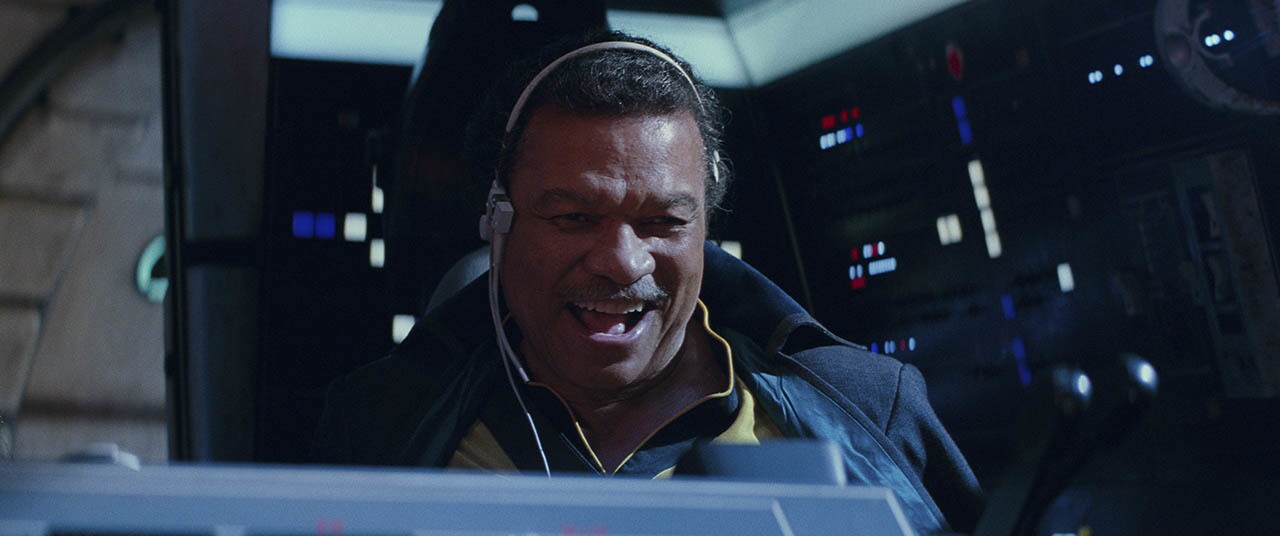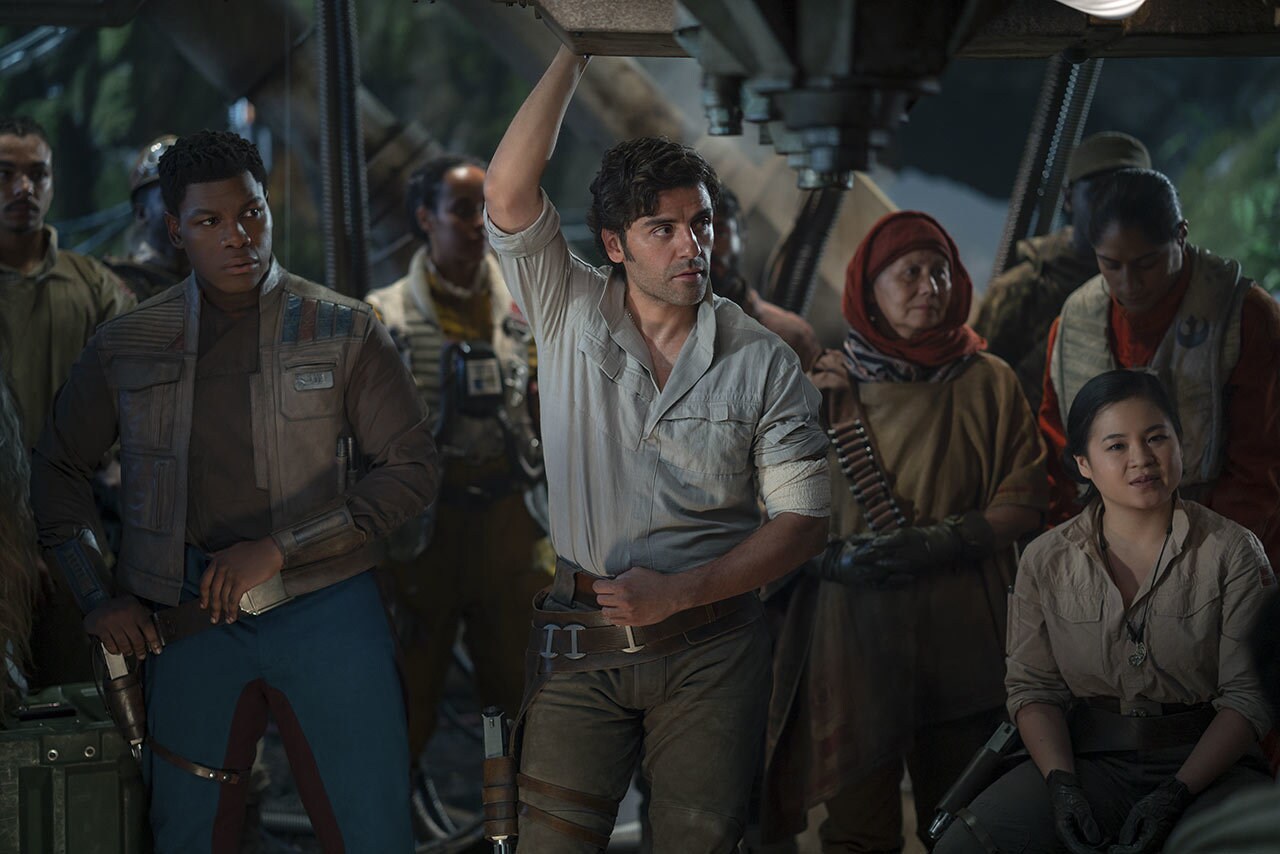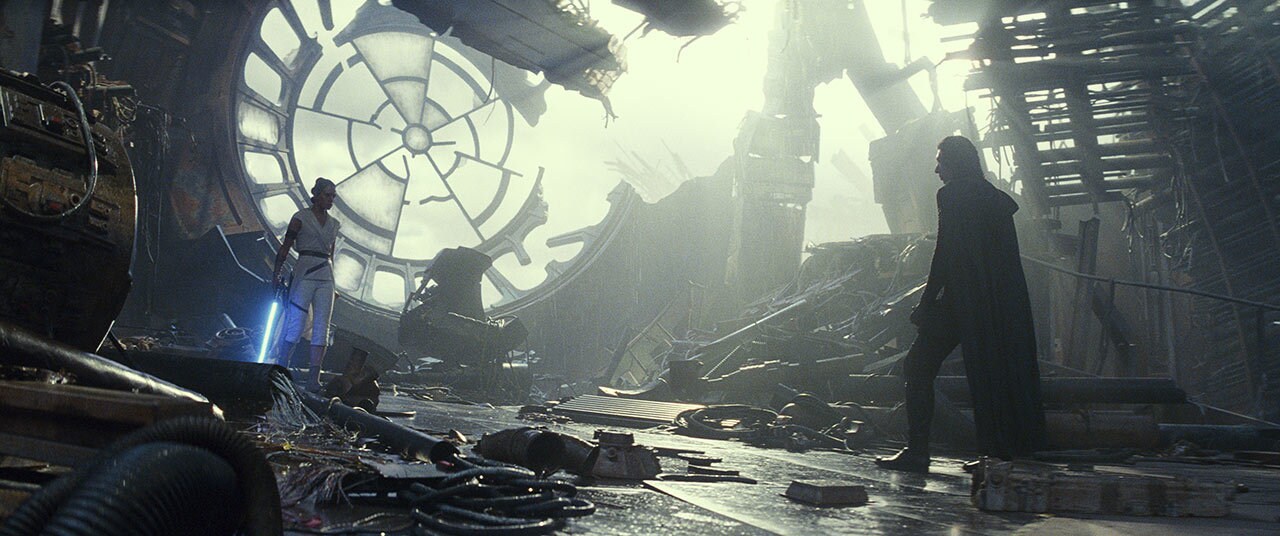Imagine getting the news that you would be joining illustrious authors Donald Glut, James Kahn, Terry Brooks, R.A. Salvatore, Matthew Stover, Alan Dean Foster, and Jason Fry in adapting one of the films in the Skywalker saga into a novel. Rae Carson is the chosen one who wrote the Star Wars: The Rise of Skywalker novelization, which is available now and provides additional nuance and detail to the final chapter in the Skywalker saga. The much-anticipated release offers more of these characters we love and gives more background on Leia’s Jedi training, what makes Ben Solo tick, and the return of Emperor Palpatine. StarWars.com spoke with Carson about the new release, expanded scenes, and what it’s like to write a Star Wars film adaptation.
StarWars.com: Describe the moment when you learned that you would be joining the pantheon of notable authors who have been chosen to write the novelization of a Star Wars film.
Rae Carson: Yeah, so, I don’t remember that too well? My brain went completely blank for a moment. I do remember calling my husband over to read and re-read the email, just to make sure I wasn’t imagining that something so incredible was happening to me.
StarWars.com: How did your previous experience as a writer prepare you for this project?
Rae Carson: Writing for Star Wars often means writing to incredibly tight deadlines. I’m happy to say that all those years of procrastinating on other projects -- and then writing really fast to hit my deadline -- really paid off for me. Hat tip to Procrastination.
I’m only half-joking. I had to be very disciplined while writing The Rise of Skywalker. I didn’t touch my Xbox for three months -- a personal record. But I found that I had the tools and experience I needed to draft clean prose under duress.
StarWars.com: How did previous Star Wars novelizations affect your work?
Rae Carson: Two novelizations were especially influential. Jason Fry’s work on The Last Jedi was outstanding. He was able to bring out wonderful character moments that enhanced the film beautifully, and I knew I wanted to follow his lead.
The other novelization that influenced me was James Kahn’s Return of the Jedi. It’s a fast, efficient morsel of a book (only 194 pages!), but it still feels epic and detailed, and -- forgive me for being a writer-nerd -- it’s a marvel of scene breaking and paragraphing perfection. That book reads as smooth as butter, and I wanted to emulate that kind of pacing.
I was also deeply inspired by Return of the Jedi in a personal way. It was the first novelization I ever read, and I read it because my family couldn’t afford to go to the movie theater, but I had to know how the story would end. Tiny 10-year-old Rae, living in a run-down apartment and dressed in her Princess Leia costume (an old bed sheet) while reading Return of the Jedi would not believe you if you told her she’d write her own Skywalker saga novelization one day. Whenever things got hard because I was exhausted, or my neck hurt from writing all day, I would remember Tiny Rae and find the energy and gratitude I needed to keep going.
StarWars.com: When it comes to the Star Wars galaxy, what are some of the key themes and ideas you knew were imperative to include, even before you saw the script?
Rae Carson: One thing I was 100 percent sure about even before reading the script was that I would pitch more Leia content. We’ll all miss Carrie Fisher forever, and we know the filmmakers would have done more with her if they could have. The team was incredibly supportive of my desire to expand Leia’s screen time, especially her final moments. I hope we gave her a noble and memorable sendoff, and that readers will have a little extra time to say goodbye.
StarWars.com: You capture the nuance of these characters and what makes them tick so beautifully. What is the process like, since you are tasked with completing your draft before the movie has come out?
Rae Carson: Thank you! I read the script, and I met with some folks at Lucasfilm and asked them approximately a thousand questions. Michael Kogge, who wrote the junior novelization, was also there, and we got to share notes and throw ideas back and forth. In short, with the help of a whole team of brilliant, creative professionals in my court, I was able to wrap my head around the characters and their motivations even without seeing the film.
StarWars.com: Let’s talk about the novel. More specifically, about Rey and General Leia’s relationship as Master and apprentice. At the beginning of the book, we are privy to Rey’s internal monologue during her training. Why does she still feel like she has to prove herself, and why is Leia the perfect mentor for her?
Rae Carson: This is one of my favorite things about Rey’s character, that she can find so much acceptance and belong with the Resistance, but still feel obligated to do more, to keep improving, to always get better.
Leia is the perfect teacher for her because she knows exactly what it’s like to have an unexpected awakening into power. Also, she’s still hurting over what happened to Ben, while Rey is desperate for a mentor who can help her make sense of everything she’s experiencing. These two women finding each other is a gift to each of them.
StarWars.com: What can she learn from Leia that may not have been possible with Luke on Ahch-To?
Rae Carson: From the moment she appeared in A New Hope, Leia has been portrayed as a deeply pragmatic character. Things going poorly? No worries, she’ll just grab a blaster and attack the problem herself. As the original trilogy progresses, you begin to see that Leia is in equal measure a deeply compassionate person. I think these qualities together are what make her such an effective leader, and with the stakes so high at the beginning of The Rise of Skywalker, and the future role of the Jedi very much in question, that’s the kind of leadership and well-roundedness they need to find a way forward.
StarWars.com: Now to the other side of the coin: Kylo Ren. One of the great things about your novel is how you explore Kylo’s psyche. What makes him such a fascinating villain, and how hard is it to write about a character who does not appear to have any redeeming qualities -- he did murder his father, after all -- but as an audience, we can sense there is more to him than what we have seen so far?
Rae Carson: I think a lot of credit goes to Adam Driver for portraying Kylo Ren in such a nuanced, layered way. Watching the films, you see and empathize with his profound conflict.
One of the great things about fiction, particularly science fiction and fantasy, is that we can take real-world issues and exaggerate them to tremendous effect. Kylo Ren is a radicalized youth, and like radicalized youth in our world, he makes destructive decisions. But of course, everything is magnified times a thousand because he’s radicalized through the Force -- by the most powerful dark Force users in the galaxy. Very few of us could withstand that kind of influence.
StarWars.com: The great thing about a film adaptation is that you have more of an opportunity to go deeper into the characters, scenes, and moments. Which proved to be the most rewarding, as far as expanding upon specific moments?
Rae Carson: I loved having a few extra moments with Chewie and Lando. They’re the last of the old guard, so to speak, so I wanted to give readers time to reflect on them a little. I admit I got teary-eyed while writing an extra scene of Lando taking one last tour of the Millennium Falcon.
StarWars.com: Palpatine’s return has been elaborately dissected and discussed in The Rise of Skywalker. Can you help us understand who the character is in this film, and what his presence means in the Star Wars galaxy?
Rae Carson: Palpatine has been the villain since Episode I, and the first two trilogies were all about Skywalkers versus Palpatine. So I understand the filmmakers’ decision to bring him back for the final trilogy.
It’s easy to create a cardboard villain with immense power; we see it in fiction all the time. But Palpatine is also clever and conniving. He’s a master of intrigue, and he always has a plan. His rise to power as Emperor was as much due to political and social maneuvering as it was the Force. This is what makes him so compelling -- and so difficult to defeat.
StarWars.com: For you, what do you think Luke Skywalker has learned since he became one with the Force?
Rae Carson: I’m not sure I understand the nature of sentience in the Force or how Force ghosts even work. No one really does, and that’s fine. It’s an afterlife of sorts, so it’s supposed to be mysterious. I suspect Luke’s knowledge and awareness is so different from a worldly perspective that there’s no way we can understand it.
StarWars.com: When writing these characters, you get to know them in very specific, nuanced ways. What did you learn about Poe Dameron, specifically what he has learned or struggled with since The Last Jedi?
Rae Carson: Poe is still struggling with the mistakes he made in The Last Jedi, and a little baffled at how easily General Leia and others in the Resistance have accepted and forgiven him. He’s come a long way, as illuminated in Rebecca Roanhorse’s absolutely wonderful novel Resistance Reborn. But his continuing journey in the final episode is learning to forgive himself. Something I found particularly admirable about Poe is how he extends that grace to others. For example, when Rey believes she might have caused Chewie’s death, he does not offer even a hint of condemnation but rather pushes on with the mission.
StarWars.com: Finn is more balanced and centered than he has ever been in The Rise of Skywalker. For you, how much of that is because of his relationship and proximity with his friends?
Rae Carson: Finn is one of my favorite characters and a great example of how there’s still room for nice guys in fiction. He certainly derives confidence and conviction from his relationships with his friends, but I think it’s also just him, and his incredible depth of character. Finn was raised by the First Order, and yet he was able to shake that conditioning and pursue a different path. That alone is enough to make him a hero. Of course, his friends help him take it a step further. It’s not enough to merely flee the First Order; Rey, Poe, Leia, and others show him the value and goodness of fighting back, and in the end, he’s right beside Poe, helping to give the motivational speech that launches the final Resistance assault.
StarWars.com: Rey and Ben Solo are a dyad in the Force: how do they help each other become their very best?
Rae Carson: We’ve all had that experience of knowing someone who makes us a better person. For me, it’s my husband and a few close author friends. Our perspectives sharpen each other, our reciprocal trust helps us be our truest selves together, and our deep mutual knowing provides comfort and peace. I imagine being part of a dyad is similar, except eleventy billion times more intense.
StarWars.com: Rey famously takes on the Skywalker moniker at the end of the story. What does this mean for her, and how does it enhance her journey since we met her on Jakku?
Rae Carson: When I was 18 years old, I took on the moniker of my stepfather to honor the bonds of love and trust between us. I imagine it was much the same for Rey, who wanted to honor her own chosen family.
I recognize that Rey’s decision proved controversial, and I look forward to discussing this with fans for years to come. But my current take is this: The entire Skywalker saga is about Palpatine turning or trying to turn Skywalkers to the dark side. He especially hopes that Rey will prove a worthy vessel for his own power and ambition and become the Skywalkers’ final downfall. But in spite of all his efforts over the course of three generations, he fails. Rey rejects everything about him and takes on the Skywalker mantle and legacy. In the end, it’s a Palpatine who turns to the light, thus handing the Skywalkers their ultimate victory.
Star Wars: The Rise of Skywalker Expanded Edition is available now.
Star Wars: The Rise of Skywalker is available now on Digital, 4K Ultra HD, and via Movies Anywhere, and on 4K Ultra HD, Blu-ray, and DVD on March 31.
Dan Zehr is the host and brand director of Coffee With Kenobi, a podcast that examines the mythology of Star Wars from a place of intelligence and humor. He is also a high school English teacher with an MS in Teaching and Learning.
Site tags: #TheRiseOfSkywalker, #StarWarsBlog




